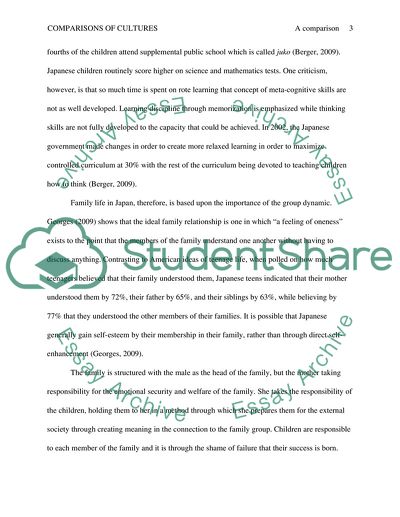Cite this document
(“Japan's Culture vs. United State's Culture Research Paper”, n.d.)
Retrieved from https://studentshare.org/journalism-communication/1597752-japans-culture-vs-united-states-culture
Retrieved from https://studentshare.org/journalism-communication/1597752-japans-culture-vs-united-states-culture
(Japan's Culture Vs. United State'S Culture Research Paper)
https://studentshare.org/journalism-communication/1597752-japans-culture-vs-united-states-culture.
https://studentshare.org/journalism-communication/1597752-japans-culture-vs-united-states-culture.
“Japan's Culture Vs. United State'S Culture Research Paper”, n.d. https://studentshare.org/journalism-communication/1597752-japans-culture-vs-united-states-culture.


